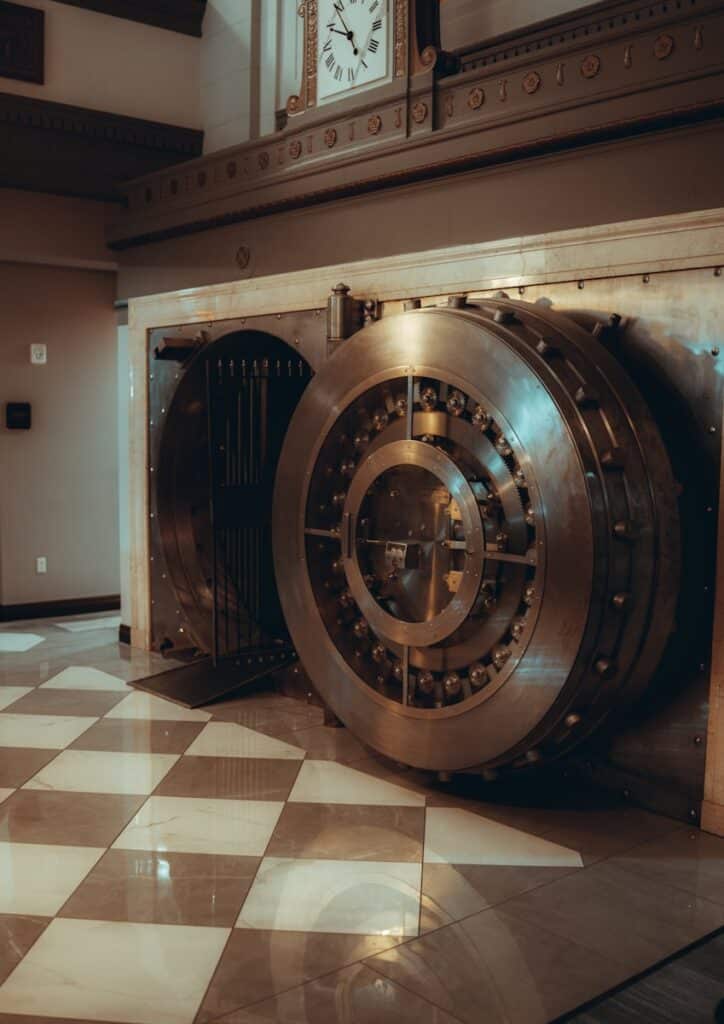Lawyer - Judicial liquidation
Make an appointmentIn the event of severe economic difficulties, the opening of compulsory liquidation proceedings is a measure of last resort for putting an insolvent company out of business. This procedure, which is governed by the French Commercial Code, is designed to protect creditors, organise the eventual sale of assets and, if necessary, hold company directors personally liable.
Solent Avocats acts as legal advisor to companies or their partners at every stage of the procedure, preparing for the filing for bankruptcy, assisting with proceedings before the Commercial Court, and defending the interests of the manager in the face of measures such as an action to cover liabilities.
Our firm's practice forms part of the broader framework of business law and the handling of companies in difficulty. Thanks to our expertise in insolvency law, we are able to provide our clients with comprehensive support: from the initiation of proceedings to the closure of the liquidation, including management of relations with the bodies involved in the proceedings (trustee, liquidator, bankruptcy judge, public prosecutor, etc.).
For an initial assessment of your situation and the options available, contact our office today.
Solent Avocats is...
We defend your interests in mainland and overseas France
Understanding what a compulsory liquidation entails
Judicial liquidation is a procedure initiated by the debtor, a creditor or the public prosecutor when a legal entity or sole trader is clearly unable to turn its business around. It involves the opening of the liquidation by a competent court, the divestment of the director, and the transfer or sale of available assets to pay off creditors.
The company is then placed under judicial supervision and a liquidator is appointed. The liquidator acts within a strict legal framework, verifies debts, organises the sale of assets, and can take legal action in the event of mismanagement.
Our firm assists managers and individuals affected by this procedure, with a constant concern to minimise the financial and personal impact of this emergency situation.
Given this complexity, the assistance of a lawyer with expertise in liquidation matters is essential.
Who can file for compulsory liquidation, and under what conditions?
We can help you every step of the way to ensure that your approach is secure and that your interests are protected.
What are the immediate effects of liquidation on the company and its directors?
Liquidation has major consequences:
-
Immediate cessation of business (unless provisional continuation is authorised by the court)
-
Relinquishment of management to the company director
-
Intervention of the liquidator
-
Breach or non-renewal of employment contracts, often accompanied by mass redundancies
-
Dissolution of the company
For company directors, the risk of personal bankruptcy or disqualification from managing the company may arise in the event of proven mismanagement. Civil or criminal proceedings may be brought.
Our firm will work with you to analyse the foreseeable consequences, implement the necessary protective measures and act in your best interests at every stage of the process.
What are the consequences for creditors?
Creditors must declare their claims to the judicial representative within a strict time limit, failing which they will be barred from enforcing their claims. The procedure distinguishes between claims made before and after the opening of the insolvency proceedings, some of which are eligible for preferential payment rights.
The funds are distributed once the assets have been sold. Individual actions are suspended. It is therefore crucial for creditors to be well advised if they are to defend their rights effectively.
Solent Avocats also assists creditors, in particular with :
-
Formulate their claim
-
Contesting a decision by the bankruptcy judge
-
Claiming ownership of a property
-
Participating in a disposal plan
For any creditor faced with the insolvency of a debtor, our legal support enables you to act effectively and in accordance with the rules.
Judicial liquidation and executive liability: what are the risks?
In the event of mismanagement, the Commercial Court may order :
-
A management ban
-
Personal bankruptcy
-
An action to make good liabilities
These sanctions are designed to protect the interests of third parties and may seriously affect the executive's personal assets.
Our firm advises you on the grounds that may be invoked, prepares your defence and pleads before the relevant courts. We also work upstream to prevent risks by analysing your balance sheet, contracts, accounts and financial situation.
Closure of the procedure: consequences and remaining options
The liquidation is closed on the grounds of insufficient assets or extinction of liabilities. This does not always allow the director to resume business, unless there are no sanctions.
In some cases, particularly for sole traders, professional recovery allows debts to be written off without liquidation.
We support our clients right up to this stage, including organising the sale of assets, considering a partial takeover or advising on residual rights.
If you have any questions or require further information, our secretariat is available by telephone or via our contact form.
Frequently asked questions
Can an employee be assisted by a lawyer during a liquidation?
Yes, in the event of termination of the employment contract, the lawyer can advise the employee on his or her rights, particularly with regard to unpaid wages or compensation.
Can a company be turned around once it has gone into liquidation?
No. The judicial liquidation procedure no longer allows a continuation plan to be submitted. Only a receivership could have allowed this.
How are current liabilities calculated?
This is the portion of the company's liabilities that have fallen due and are payable with its available assets, as defined in the French Commercial Code.
What is the difference between amicable and compulsory liquidation?
Amicable liquidation is a voluntary procedure outside the judicial framework, reserved for solvent companies. Judicial liquidation is imposed by the court in the event of insurmountable difficulties.
Is it possible to appeal against a liquidation judgment?
Yes, but the time limits for appeals are short. It is essential to consult a competent liquidation lawyer as soon as possible.
Is the firm registered with the Paris Bar?
No. Solent Avocats is a member of the Marseilles Bar, but we act throughout France, including before the judicial courts and consular jurisdictions.



